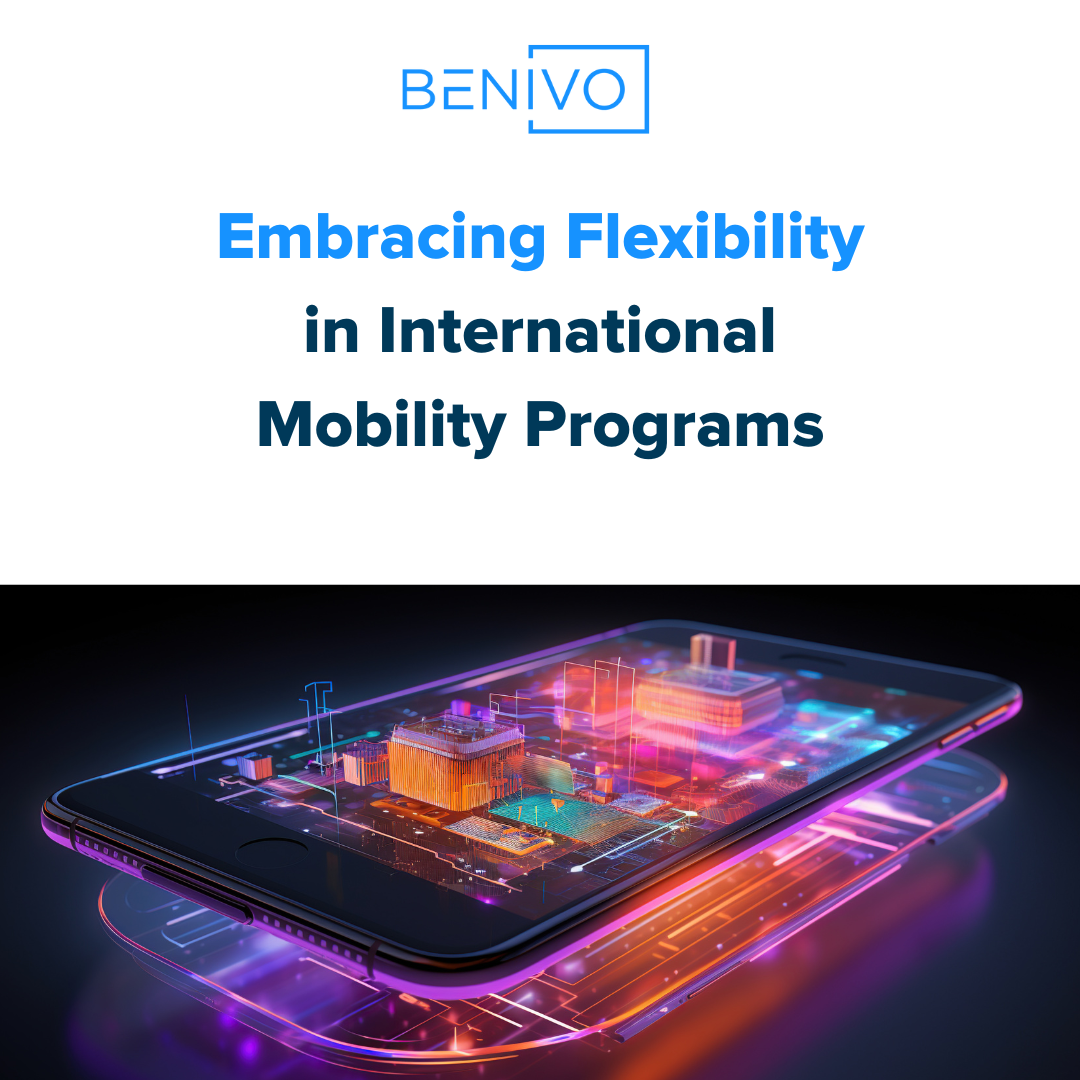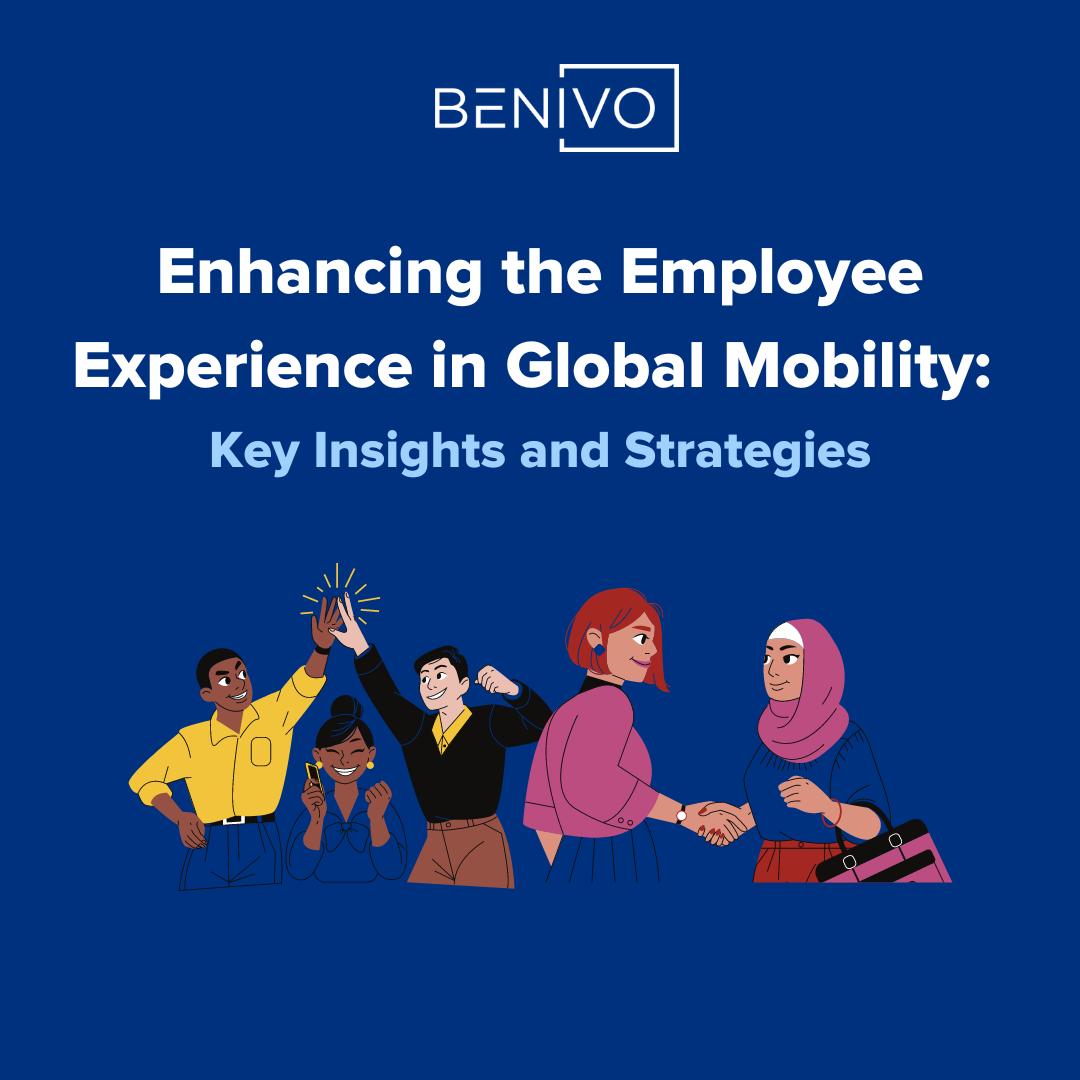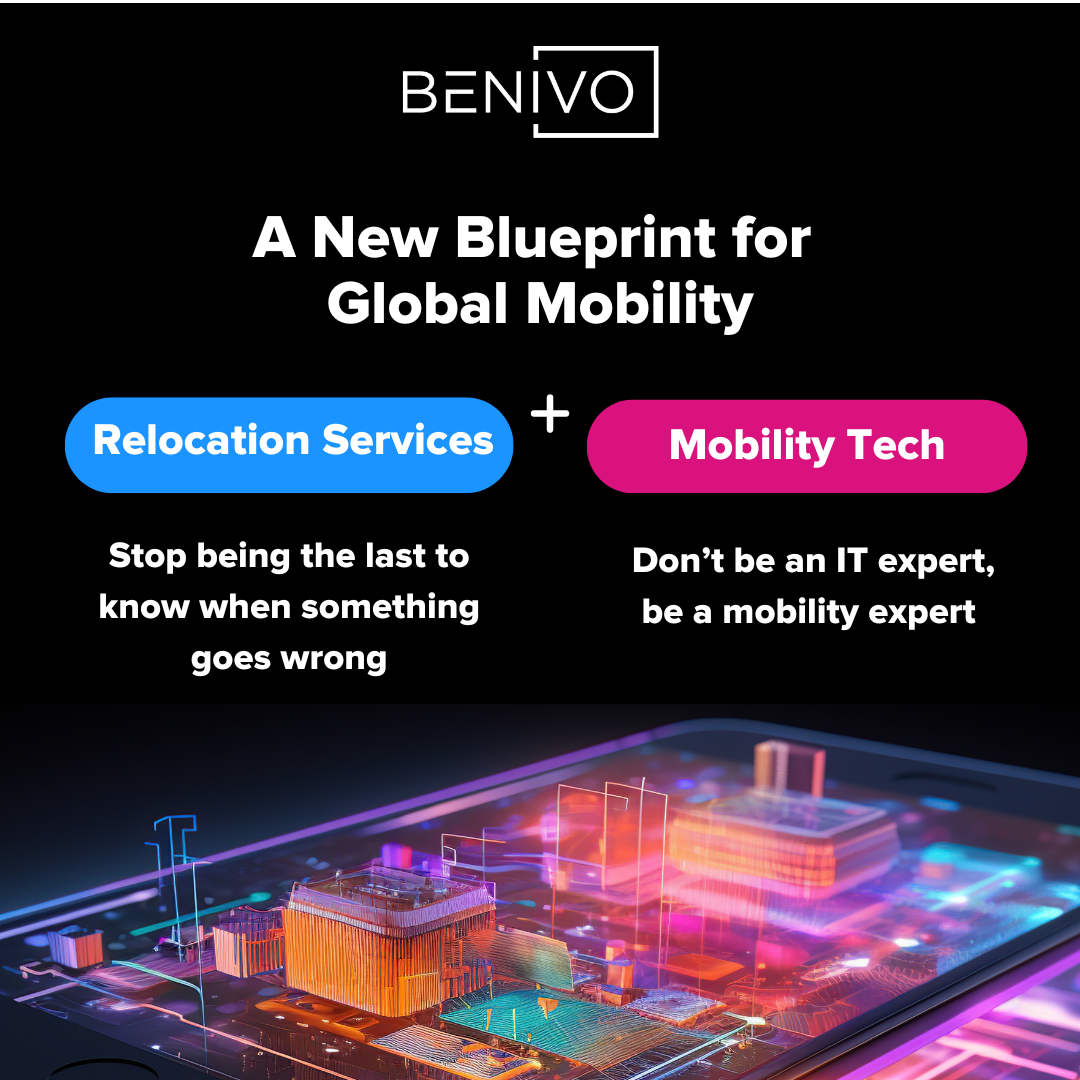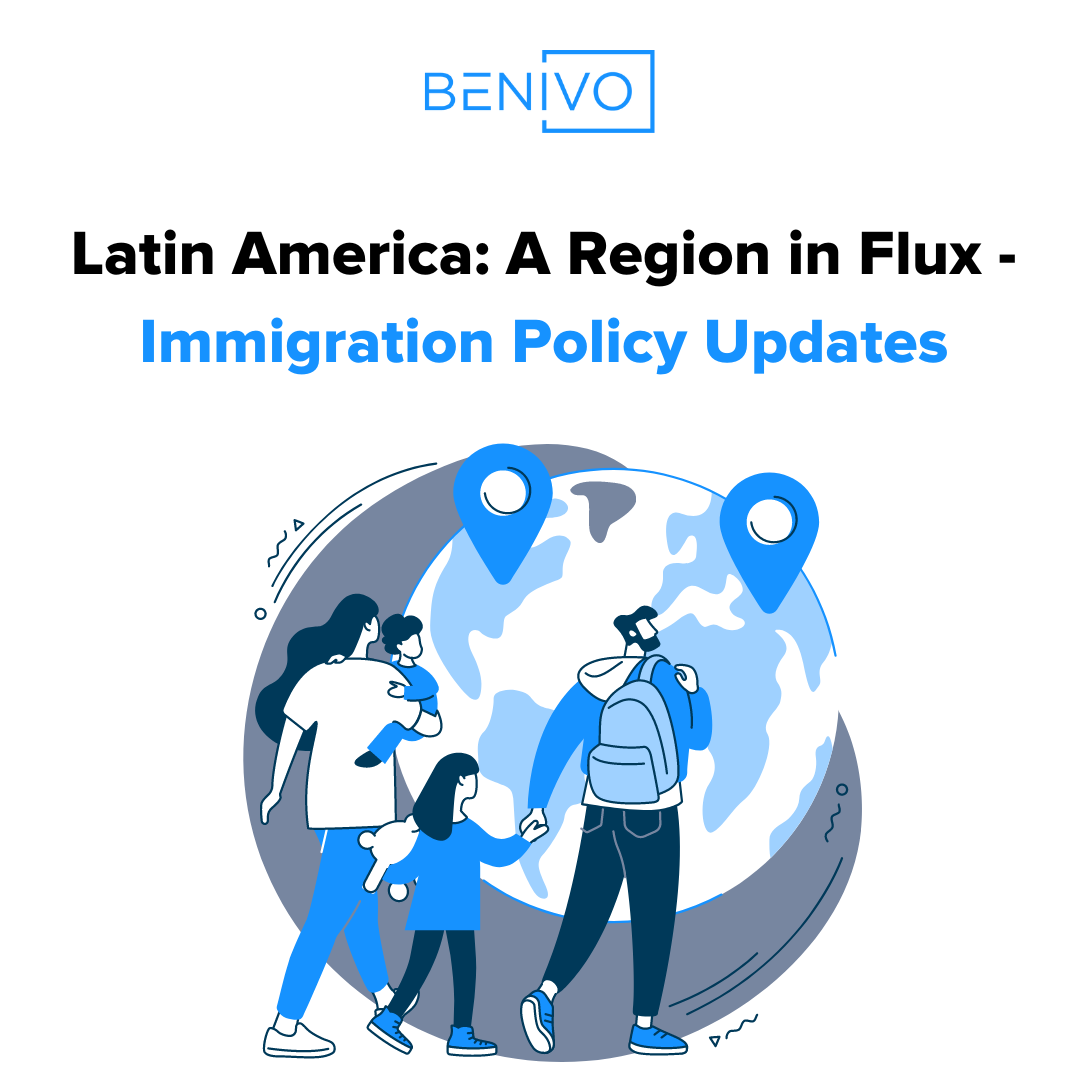In the evolving landscape of global mobility, flexibility has become a cornerstone for successful employee relocation. Our recent International Mobility Benchmark Survey reveals a strong desire among companies for more customizable and adaptable mobility programs.
Read MoreSiemens Gamesa, a global leader in renewable energy solutions, faces unique challenges in managing its extensive global mobility program. With around 25,000 employees across 70 countries, the company oversees thousands of short-term assignments and business trips annually, many to remote offshore locations.
Read MoreIn today's competitive talent landscape, providing an exceptional employee experience is crucial for organizations managing a mobile workforce. Recent discussions among global mobility experts have highlighted several key areas for improving the employee experience:
At Benivo, we've been listening to our customers' challenges — too many layers, lack of transparency, reactive approach, and the desire to be mobility experts, not IT experts. That's why we've developed a new blueprint called Relocation Services + Mobility Tech.
Read MoreRecent political events across Latin America and the Caribbean have significantly impacted immigration policies in the region.
Read More



